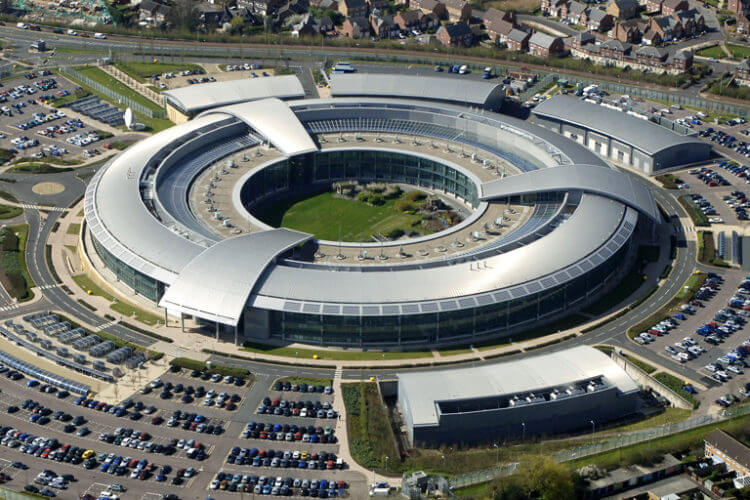By Lucy Caulkett-
UK’s Investigatory Powers Tribunal has issued their landmark ruling on the country’s GCHQ secret bulk collection program, disclosed by Edward Snowden.
The program revealed by Edward Snowden, enabled the country’s surveillance agency, the GCHQ, to tap internet cables and build a detailed database of the country’s communications with minimum legal oversight.
The court found that between 1998 and the tail end of 2015, GCHQ’s bulk collection program was conducted in brazen defiance of Article 8 of the European Convention on Human Rights. Parliament never approved the program as legal, despite several opportunities to do so.
GCHQ’s bulk collection program
The bulk collection which includes the collection of a year’s worth of location records and call data from every cell phone in Britain, was kept secret from the public and was beyond the reach of courts. It amounted to the intrusion of nation’s privacy. This news was exposed after unauthorized disclosures by a whistle blower who is currently forbidden from entering the country.
Edward Snowden Disclosure
Long after the initial Edward Snowden disclosure’s and after the Privacy International lawsuit was filed — the GCHQ’s bulk collection program included further disclosure on the underlying policies, rendering it legal without affecting the underlying operations. The process of information gathering was laid out in 2015, but the tribunal ruled that the way the bulk information was collected was against Article 8. The revelation is both unfortunate and disturbing but highlights the reality of today’s world.
The only missing piece of evaluation here is whether there was a justified reason for this, a justified reason for breaking the stipulations of Article 8.



